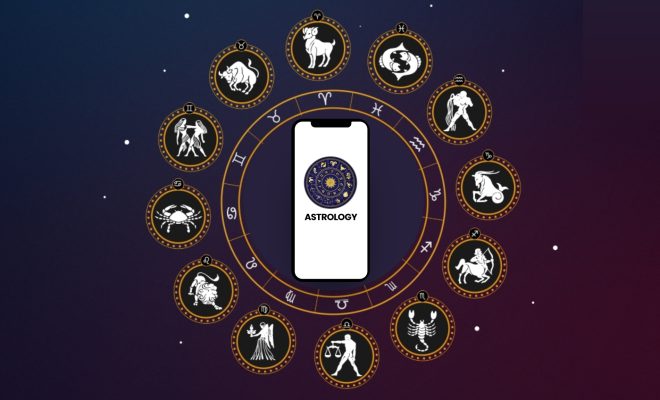What is Object-Relational Database Management System (ORDBMS)?

Object-Relational Database Management System (ORDBMS) is a type of database management system (DBMS) that combines the features of both object-oriented and relational database models. ORDBMS allows users to store and manipulate both structured and unstructured data, making it a powerful and flexible tool for modern-day data management.
The ORDBMS is designed to handle more complex data structures than the traditional relational databases, which rely on tables with rows and columns to store and represent data. In ORDBMS, objects are used to represent data, which enables users to organize and manage data more efficiently.
The ORDBMS provides the means to store different kinds of objects in a single place, with each object type having its own set of attributes and behaviors. For example, one can store both textual and video data in the same ORDBMS, making it easier to manage heterogeneous data.
ORDBMS provides the flexibility to support both structured and semi-structured data. It supports advanced data types such as arrays, structures, complex objects and user-defined types. These features enable users to create complex data structures and models to support business requirements.
Some benefits of using ORDBMS include:
1. Improved data modeling – Users can use object orientation to model their data and create more realistic representations of their data.
2. Greater flexibility – With the inclusion of object-oriented features, ORDBMS can handle more complex data structures and types than traditional relational databases.
3. Better performance – ORDBMS enables users to write more efficient queries and reduces the amount of coding needed to access and retrieve data.
4. Enhanced scalability – ORDBMS can handle large volumes of data and can be used to support mission-critical applications.
ORDBMS is used in many industries, including e-commerce, healthcare, finance, and education. ORDBMS helps businesses manage their data more efficiently, providing a flexible and scalable platform for managing and accessing data.
In conclusion, ORDBMS is a powerful tool for modern-day data management. It combines the features of both relational and object-oriented database models, making it possible to handle complex data structures in a single place. ORDBMS is a flexible and scalable platform that provides users with the ability to manage and access data efficiently.




